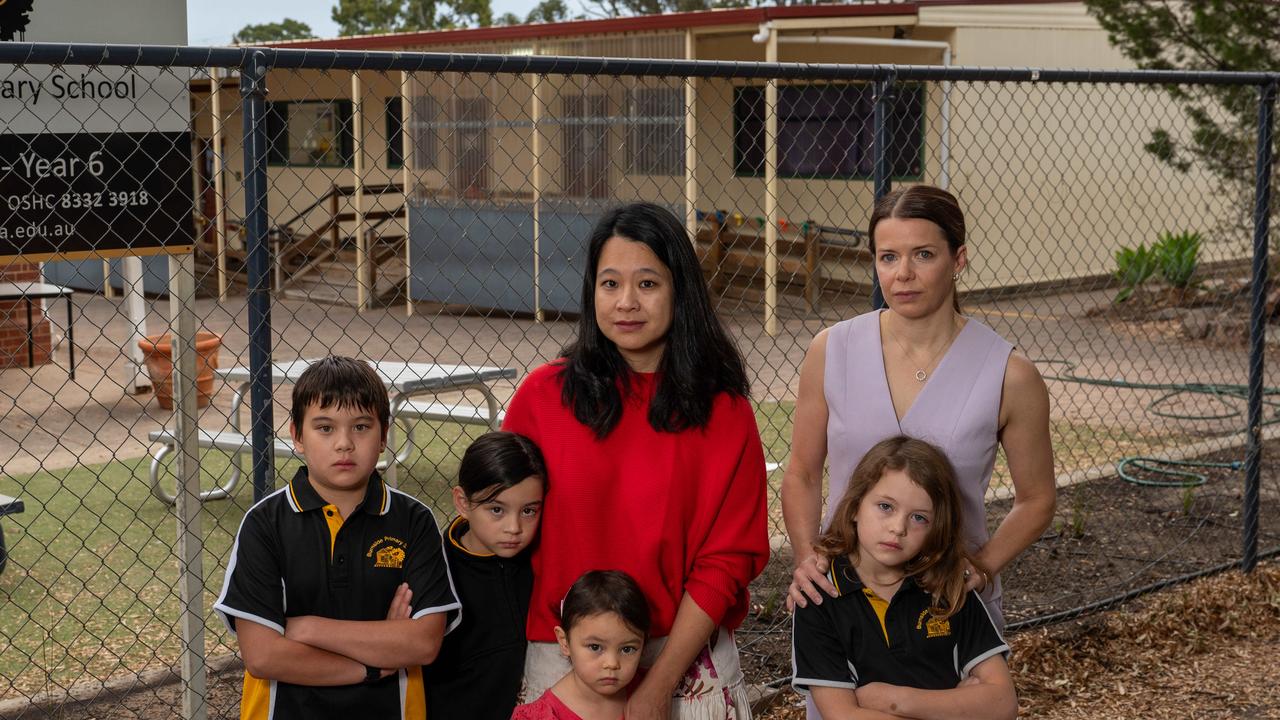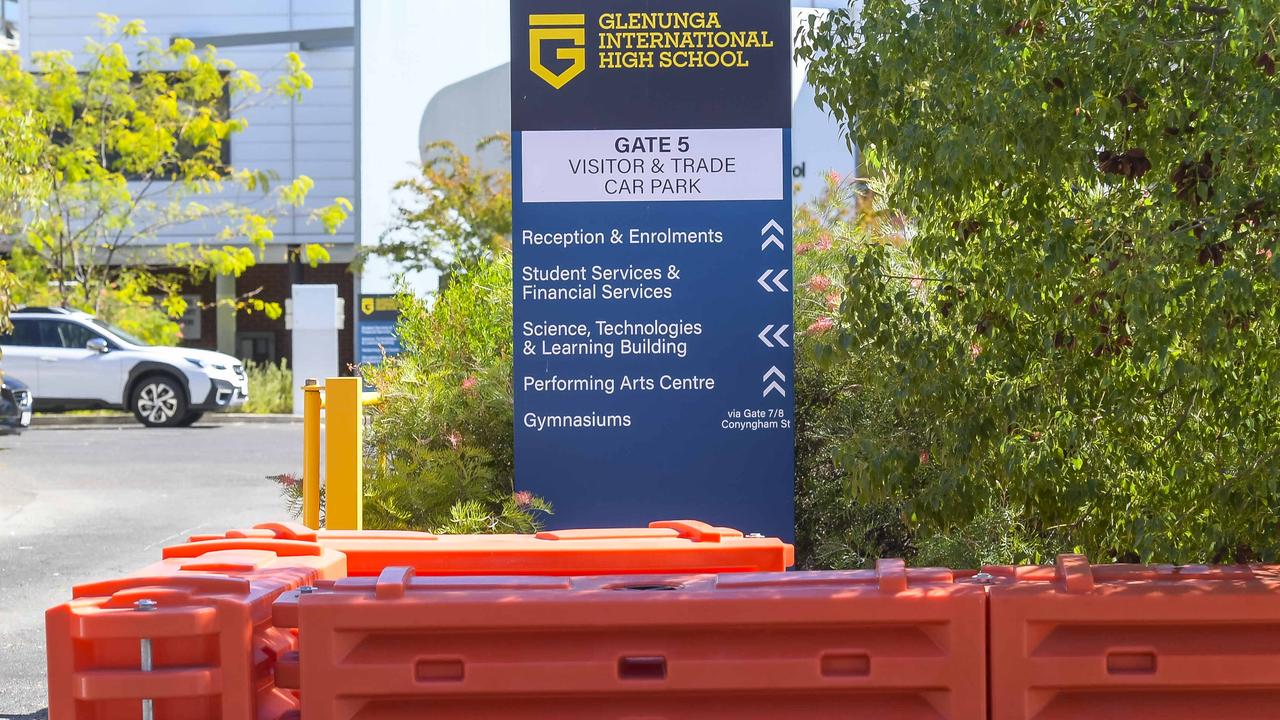Warning SACE results will be late or wrong after more than 50 staff leave SACE Board
Year 12 results are at serious risk of being wrong or delivered late because of a mass staff exodus from the SACE Board, workers have warned.

Education
Don't miss out on the headlines from Education. Followed categories will be added to My News.
Year 12 students are at serious risk of being awarded “incorrect” grades or receiving results late because so many disgruntled SACE Board workers have quit, staff say.
More than 40 current and former staff have signed a letter from the Public Service Association to Board chief executive Martin Westwell, raising “serious concerns” about “leadership and workplace culture”.
“This has led to high staff dissatisfaction and turnover and puts at risk the ability of the Board to ensure the integrity and timely delivery of SACE results this year,” the letter says. It says 51 staff have quit in the past year, with eight more to go at end of the year, equating to a turnover rate of more than 50 per cent.
Losses include 19 curriculum and assessment officers – the group the PSA says is “most responsible for integrity of the SACE” – with combined 160 years experience.
The letter says “significant corporate knowledge” has been lost in “numerous subject areas”. It says staff face “unsustainable workload”, jeopardising capacity to meet marking and moderation deadlines and quality of marking and “integrity checking” of student work.
Also at risk is capacity to process applications for special exam provisions, it says, as well as to respond to grievances, assess exam breaches and give feedback to schools on results.
A failure to release results on time would have “implications for university offers”, while under-pressure staff face “a real risk of physical and mental injury” from the stress.
But it says “no adequate action” has been taken on any of the concerns “despite previous, repeated, verbal advice to management” on workload.

Separate to the letter, the PSA said a highly unpopular restructure had led to “serious concerns about favouritism” in hiring and promotions, while an “extremely high level” of contract positions had produced a “culture of fear” where staff felt “ignored and intimidated by senior management”.
Current and former staff told the Sunday Mail of their frustrations over lack of merit-based recruitment to senior positions and $200,000 being spent on a consultant who pushed for the restructure and other unpopular changes.

Staff also railed against a new “project methodology” they said stalled progress on initiatives such as overhauling the Research Project subject.
This year’s public sector I Work For SA survey found 29 per cent of SACE Board staff thought recruitment and promotion decisions were fair – 21 per cent below the average for comparable small agencies. Four in 10 thought it was “safe to speak up and challenge the way things are done”.
The PSA letter calls for Professor Westwell to establish an independent inquiry into leadership and workplace culture and to make the results public.
Prof Westwell dismissed concerns over the exam and results period, saying there was “enough expertise and experience” to run it smoothly and many signatories to the letter would have no knowledge of how it was being handled.
But he said the Board was “actively recruiting” for senior curriculum and assessment positions.
He emphatically rejected accusations of favouritism and said open, competitive recruitment processes were always run for permanent positions.
Prof Westwell said many of the staff who had left had done so to take up roles with the Education Department for a major curriculum project, while the Board used contract roles to bring in the right expertise for specific projects.
He acknowledged the restructure had been “disruptive and uncomfortable” for some staff due to role changes. That may have led to the poor public sector survey results but was necessary to better “meet the needs of schools and students”.
“This has been about the young people of South Australia, making sure they get the education they deserve,” he said.
The consultants had been brought for a range of purposes beyond the restructure, including “strategic workforce planning”, professional development and a staff recognition and rewards program, he said.
The new model of running projects was about boosting collaboration across the organisation.

Prof Westwell rejected the notion of a “culture of fear”, but said he took culture concerns seriously and they would be a focus in the new year. He said he was working with “every level of leadership in the organisation on inclusive behaviours”.
“We’re really trying to build a culture of empowerment and improvement so people can challenge things,” he said.
However, he said he would not be dictated to by the PSA.
Opposition education spokesman Blair Boyer said the mass exodus had happened on Education Minister John Gardner’s watch.
Mr Gardner said the Board was a statutory authority with “significant levels of independence from government direction”, but he had faith in Prof Westwell’s assurances.
The Board’s presiding member, Wilderness principal Jane Danvers, was contacted for comment.
Her reappointment to lead the Board for another three years was gazetted in June, at the same time she announced she was leaving Wilderness to take up a job in Sydney in 2022.
She is now leaving the Board at the end of this year.




